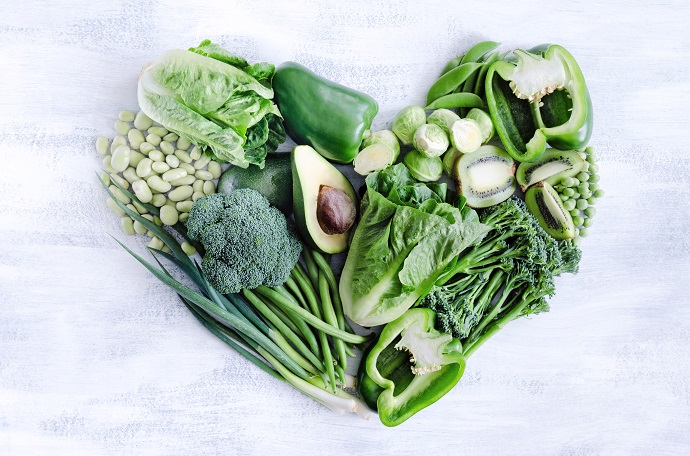
Not everyone knows the truth behind nutrition that you get from food.
Most people are tempted to believe in what other people share with them about nutritional food. Fortunately, here are some facts on nutrition and food to help enlighten you.
1. You don’t have to eat every few hours.
Most people are convinced that eating every 2 or 3 hours will help them control hunger and lose weight. Unfortunately, actual studies have proven that this technique has no effect on body weight or on the body’s ability to burn fat.
This technique is inconvenient, not to mention unnecessary for most people. Just remember to eat whenever you feel hungry and be sure that you make nutritious and healthy food choices.
2. Meat doesn’t rot in the colon.
This is outdated and outright wrong. Meat is digested in the stomach — just like other kinds of food — the body has the ability to digest meat and absorb the nutrients from it.
The protein in meat is digested in the stomach with the help of stomach acids and is further digested in the small intestine by digestive enzymes. The proteins, fats, and other nutrients are then absorbed by the body and nothing remains to rot in the colon.
3. Artificial trans fats shouldn’t be consumed.
Artificial trans fats are harmful because of their link to increasing the risk of heart disease. The method of creating trans fats makes liquid vegetable oils become toxic, thick, and solid at normal room temperature.
4. Eggs are healthy.
Eggs have recently been considered unhealthy because of the high calorie, fat and cholesterol content in the yolks. Recent studies, however, have proven that the cholesterol derived from egg yolk is not related to the increase in blood cholesterol of most people.
Other modern studies have also shown that eggs don’t affect or increase heart disease in healthy individuals. Eggs are healthy and most of its nutrients are in the yolk, so avoiding them is really foolish.
5. Low-fat doesn’t always mean healthy.
In this time of fad diets, low fat is preferred by people who consider themselves health-conscious. This thinking has led food manufacturers to develop low-fat foods, but these are often lacking in nutrition or loaded with salt or sugar to make up for the lack of fat.
According to research, low-fat diets don’t always prevent diseases or help in losing weight. Naturally low-fat foods such as vegetables and food are excellent choices but processed low-fat foods are not.
So the next time you want to lose weight or want to make a healthy change in your diet, study the nutrition food pyramid and brush up on your knowledge of nutritional food groups first.
6. Sweet drinks are fattening.
In our modern diet fruit juices, fizzy drinks and soda are advertised as a quick way to get one of your 5-a-day, but most people are unaware that these sugary drinks are actually making them fatter. Sugary drinks are just empty calories, the brain does not feel “satisfied” with the calories the body is getting so in the end, you still end up eating more. These could actually be one of the most fattening items in today’s diet.
7. Artificial fruit juices are just as bad as sugary drinks.
Because these drinks also contain the same amount of sugar as soft drinks, they are just as fattening. Artificial fruit juices also don’t contain any fiber. If you are trying to avoid sugar, staying away from sodas and artificial fruit juices is a great idea.
If you want to have a better idea of food for nutrition, always study the product labels whenever you go food shopping. These items will have all the information you need on the nutritional value of your food so you can make informed decisions on whether what you’re buying is good for you or not.
What do you think of this article? Do you like to lead a healthy lifestyle? You can find a list of all our nutrition courses here…








Leave a Reply